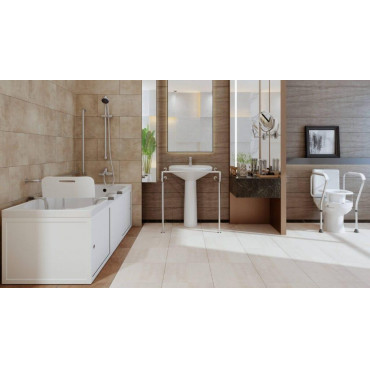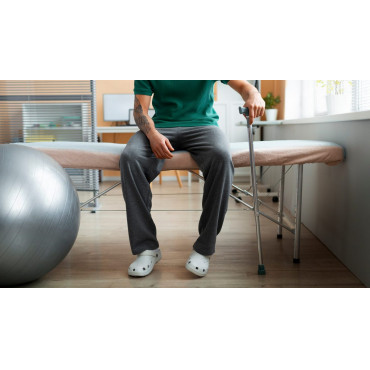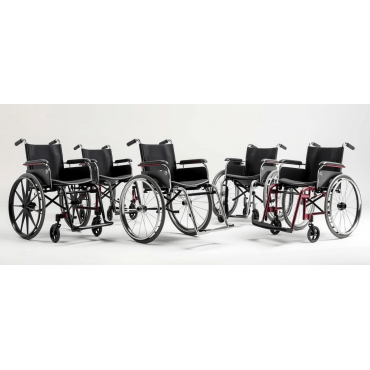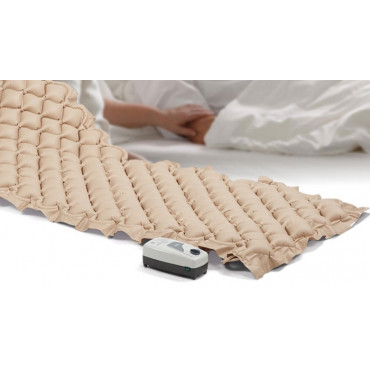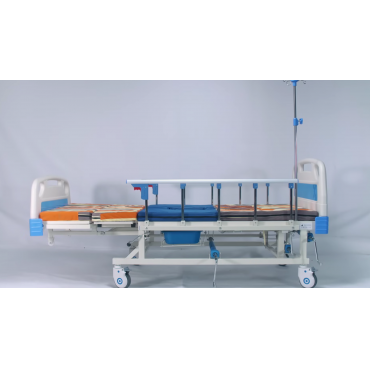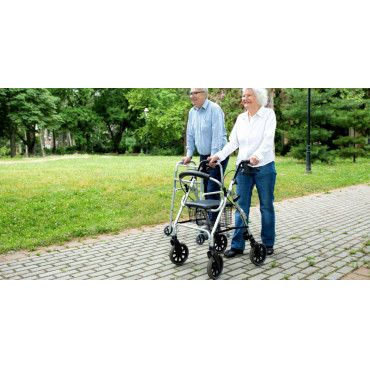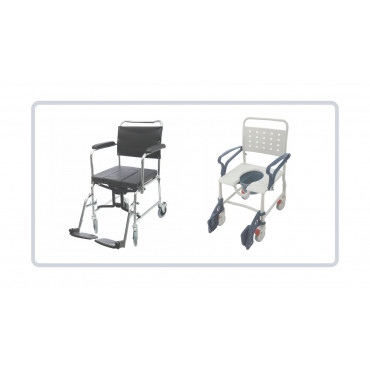Caring for people with disabilities requires certain organizational aspects and the purchase of additional rehabilitation products that will help in everyday life and greatly facilitate care.
The bathroom requires special attention in an apartment or house where a person with disabilities lives, as it is in this room that the risk of injury is increased, and it is also in this room that daily sanitary and hygienic procedures need to be carried out. It is difficult for a person with limited mobility to even move around, not to mention the need to wash themselves, go to the toilet, etc. And in the bathroom there are also a lot of additional obstacles - slippery tiles or drops of water on them, which can potentially cause falls, a toilet that you need to transfer to from a wheelchair or a bathtub that you need to carefully climb into in order to bathe.
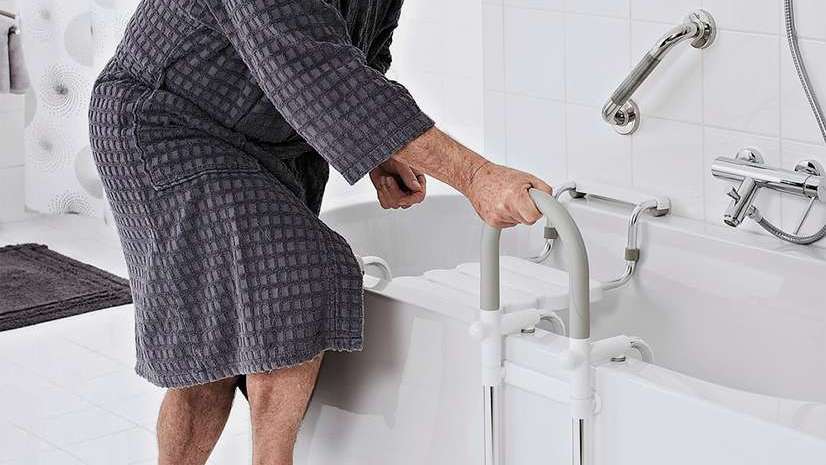
What should a bathroom for people with disabilities be like
To adapt a bathroom for people with limited mobility, make sure that this space is as free as possible from unnecessary things. So that nothing makes it difficult to get to the sink, toilet or bathtub.
Also check if there are rugs on the floor of the room, and whether they are securely fixed. Make sure that a person with a disability can reach toilet paper, towels, toothbrushes, and other items they will need in the bathroom.
Additional bathroom products should provide comfort and help a person with a disability perform daily procedures independently or reduce the burden on a caregiver.
What bathroom products should you buy for a person with a disability?
On our MED1 website, you can choose high-quality and reliable medical products that will become your reliable assistants for daily hygiene procedures. When designing a bathroom for a person with special needs, the following products are most often chosen:
- wall-mounted handrails,
- shower or bathtub chair,
- toilet seat,
- toilet chair,
- bathroom seat.
It is important to remember that each person has their own characteristics, so designing a bathroom should take into account the specific needs and capabilities of the user. Consulting with a specialist or rehabilitation specialist will help you choose the best solutions for daily comfort.
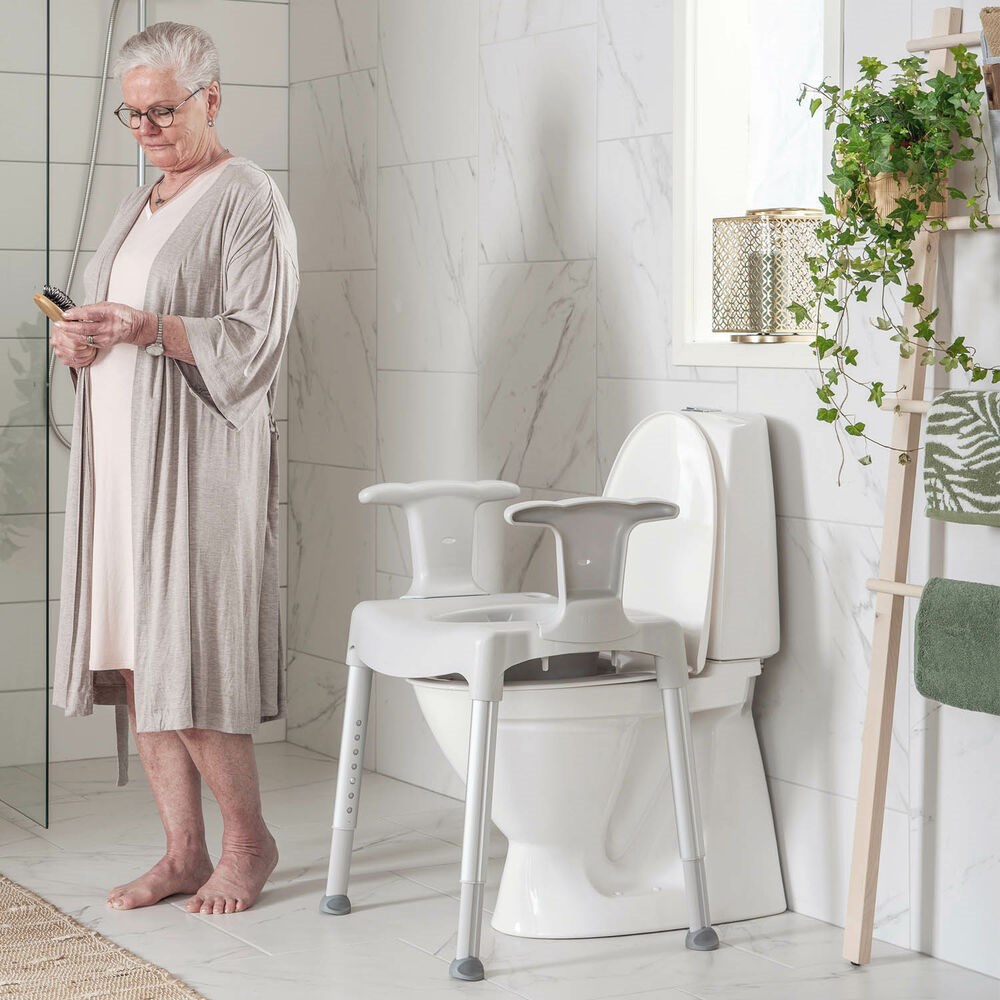
Wall-mounted handrails
Such handrails are the basis for safe movement in the bathroom. Handrails are installed near the toilet, bathtub or shower. They help a person maintain balance and perform hygiene procedures independently.
Choose stainless steel models that will last for many years and will not corrode.
Shower chair
These are special chairs that can be placed in a shower or even a wide bathtub so that a person can wash while sitting. There are models with a backrest, armrests, and hygiene slots - all for the convenience of the user.
The legs of a bath chair must have rubber pads that prevent slipping. Before buying, find out the width of your bathtub so that the product fits exactly in it.
Toilet seat
These devices raise the height of the toilet and make it easier to get up and sit down. There are models with side handles for even more support.
Toilet seats are often purchased for people in the postoperative period, as well as for the elderly.
Bathroom seats
The seat can be in the form of a board or a special chair seat on a board, which are easily mounted in the bathroom. A person can wash while sitting, which is much easier for people with limited mobility.
When you purchase all these products, you will understand how much easier it is now for a person with a disability to do basic things that many of us do not even think about.

